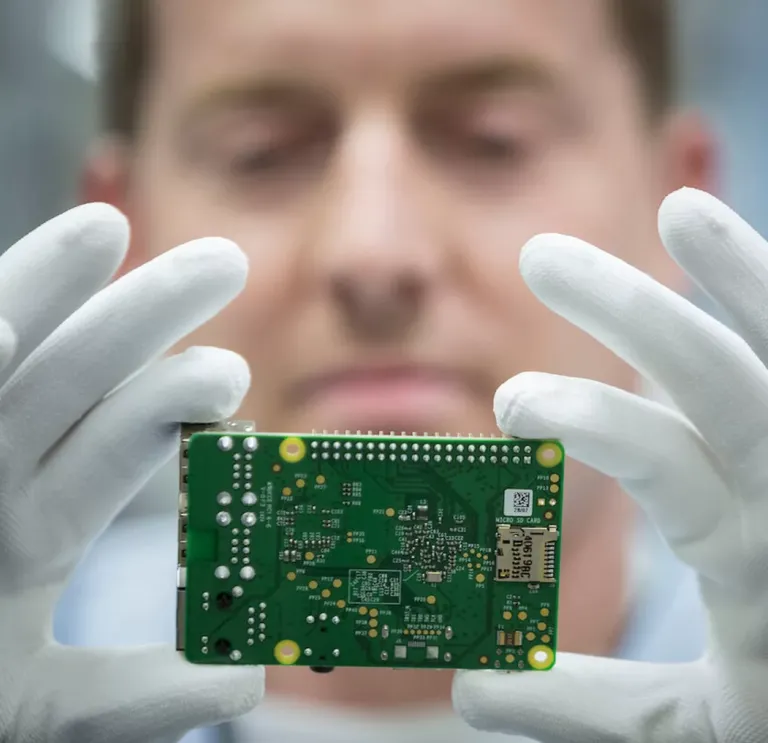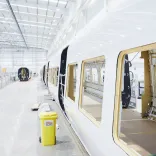Everything we have as a species is the result of innovation: every difference between living in a cave and the lifestyle we have now. But innovation isn’t just about good ideas. Lots of people have bright ideas, and lots of people have the same bright idea.
The discourse on the business of technology tends to privilege ideas over execution, which is unhelpful. There are virtually no big technology companies who were the first to have the ideas they now rely upon. Google wasn’t the first search engine, and the iPhone wasn’t the first mobile phone to run applications. Rather, successful innovation is about having ideas, coming up with ways to turn those ideas into something valuable to a customer, and then finding ways to capture some of that value.
Wales is a fantastic venue for innovation, which is why we moved the bulk of the production of Raspberry Pi here within six months of launch. We have a proud tradition of industry and manufacturing in Wales.
When I spent time in Newport as a child in the 1980s, there was always a sense that it was an industrial powerhouse. You had successful companies – in particular, technology companies – providing opportunities for a skilled, motivated labour force.
The Government and industry have put a lot of investment into infrastructure, and automation in particular, so we can compete on the global stage. What’s exciting for me right now is the democratisation of access to the equipment that’s needed to innovate.
Manufacturers here have invested in automation because salaries are high, and they can now offer technology innovators access to manufacturing capabilities that are competitive with what bigger organisations can do offshore.
That’s great, because these small start-ups and scale-ups are a vital source of economic growth and innovation. Once you remove the shackles of scale, they have the ability to create innovative products that previously would have been beyond the range of all but the largest multinational companies.
Then there’s the role of government in industrial strategy. One area in which the Welsh Government has been successful is supporting technology clusters. These provide scale and bolster industry’s capacity to innovate.
In Wales, you already have world-class capabilities in aerospace engineering, and there’s the burgeoning cluster around compound semiconductors.
Having a successful industrial policy means spending on the things that support innovation. They’re assets of society, and society needs to invest in them.
Collaboration between academia and industry is key. Universities are important as a talent source, as a customer base, and as an environment in which people can have freedom to think thoughts not immediately connected to economic return.
When industry wants someone to talk to about future innovations in production, future trends and future possibilities, it’s the local universities they reach out to.
It may seem a bit Utopian, but the presumption we have to make is that things will continue to get better; and if tomorrow is going to be better than today, in the same way that today is better than yesterday, then people are going to have to keep innovating. Good ideas, good execution and good business-model design – all these things are valuable, and we must keep on nurturing them.




